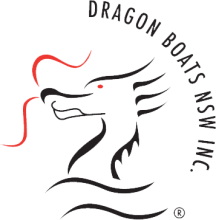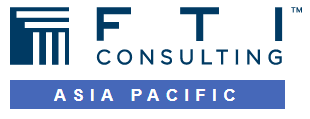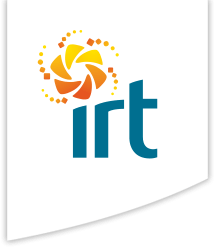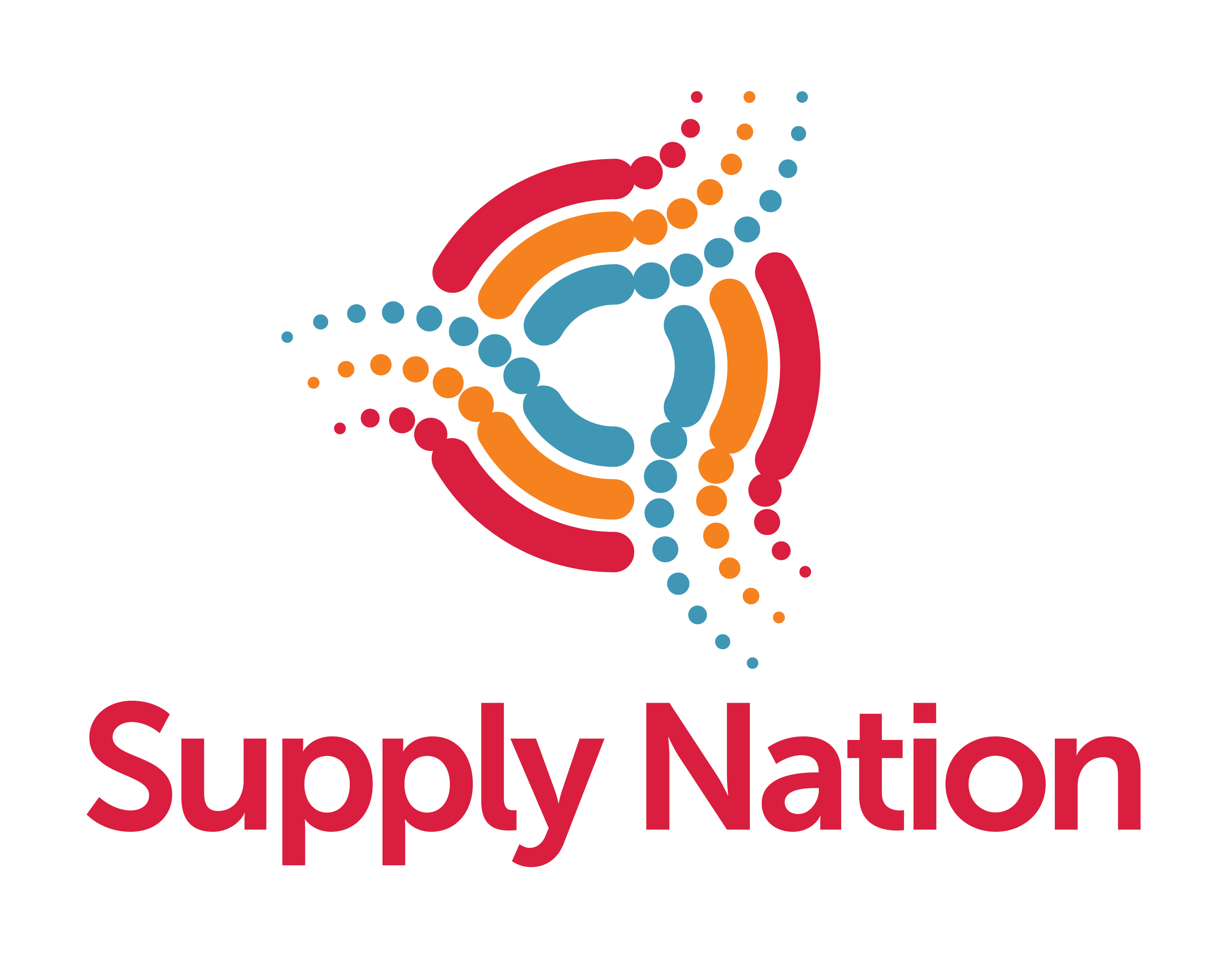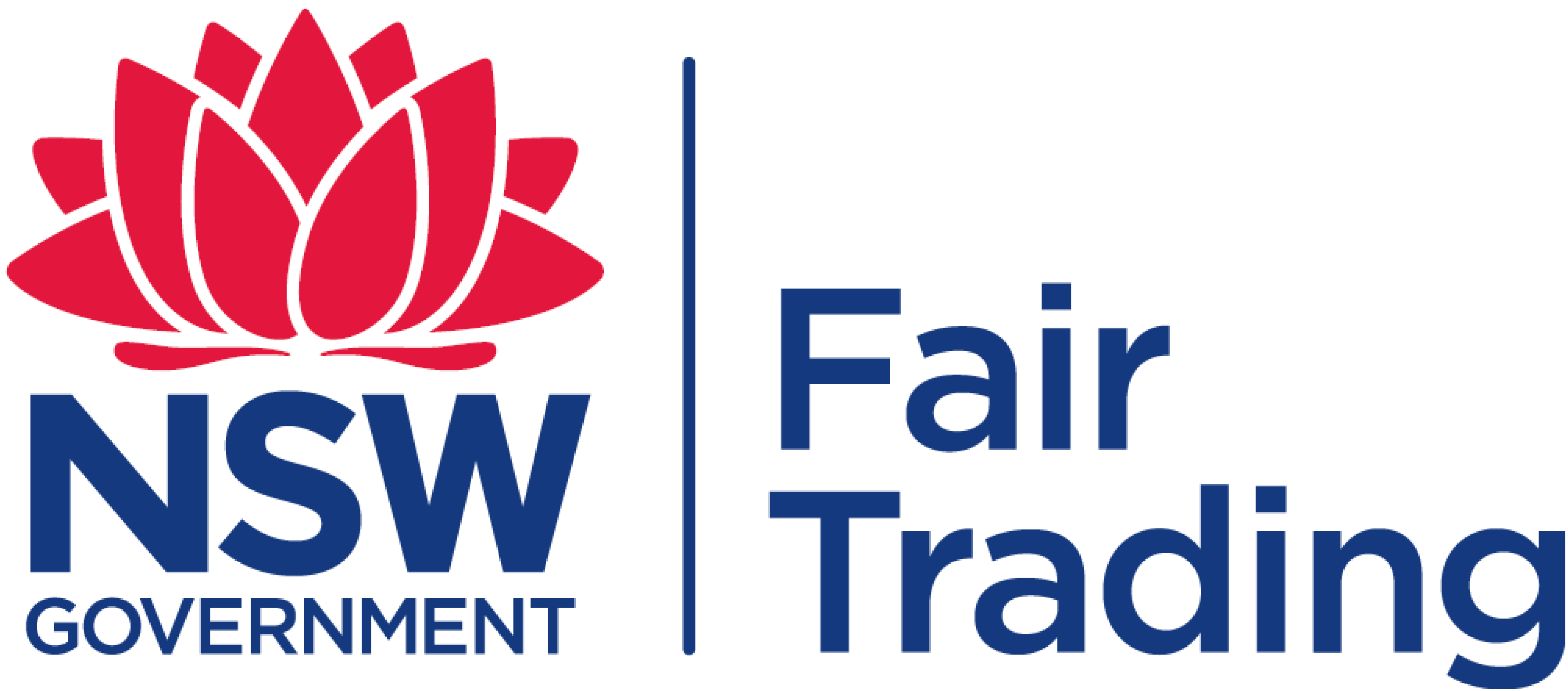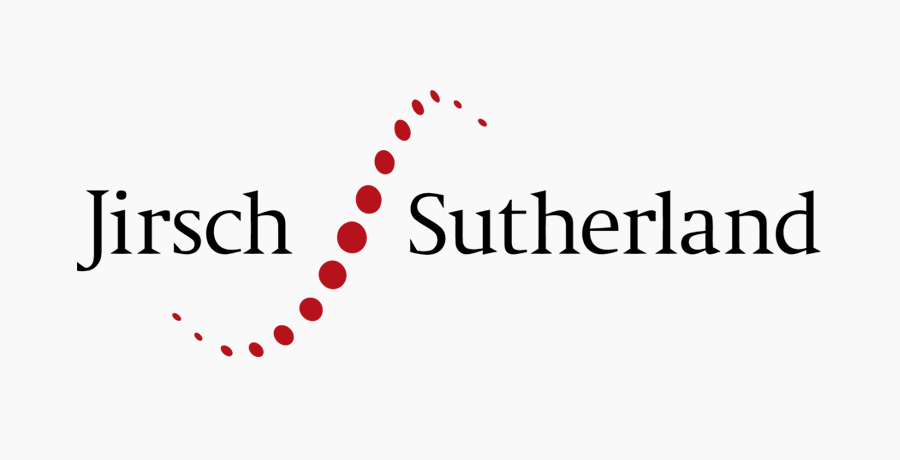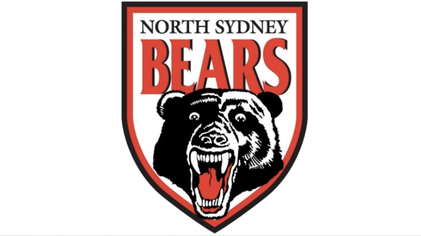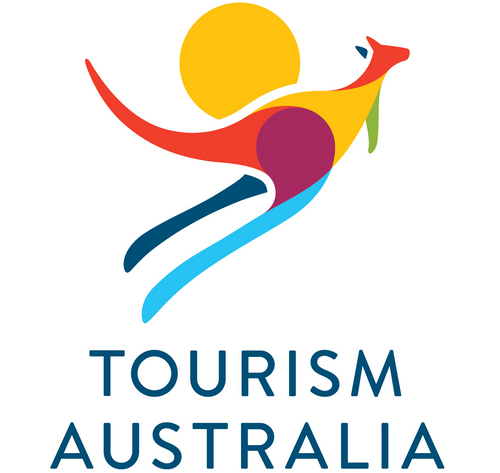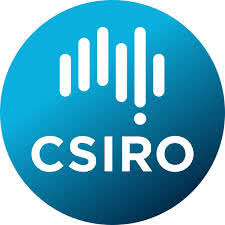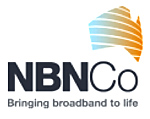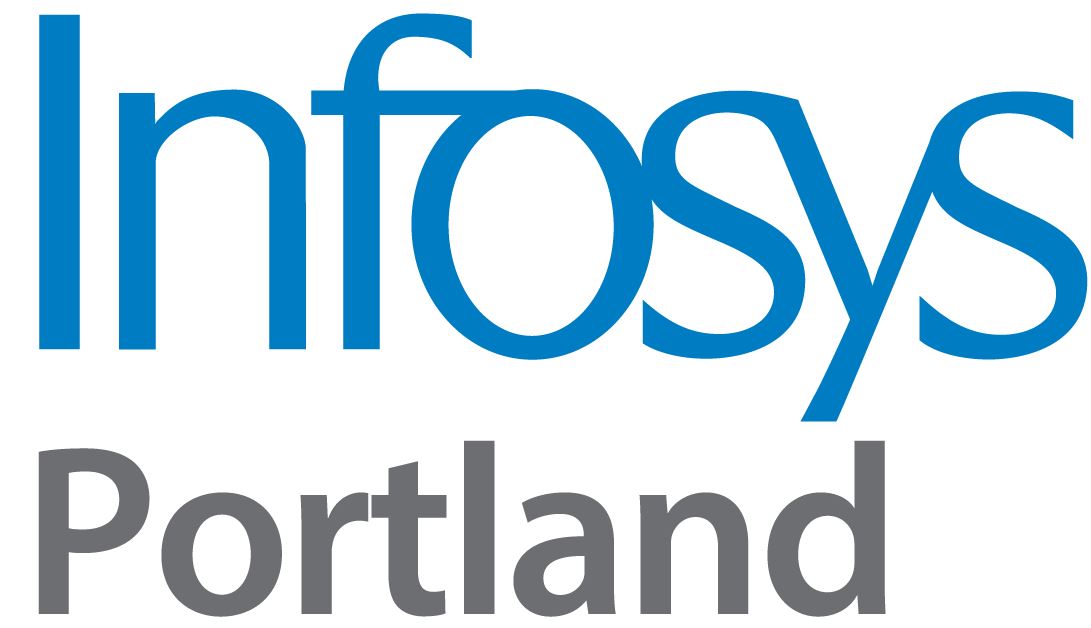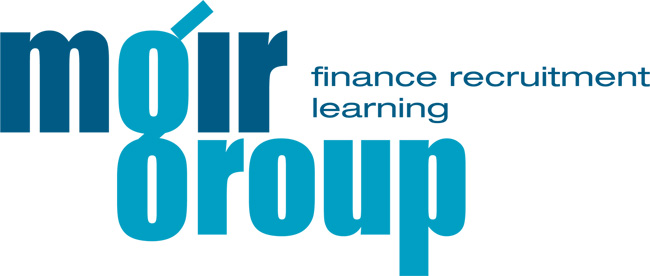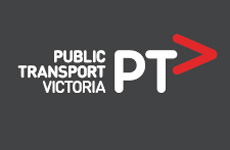Belbin Team Roles
Belbin, it is a way of measuring your preferred behaviour when working within a team. There are no right or wrong answers, and no particular Team Role is 'better' than any others.
The underlying idea is to understand your behavioural strengths and allowable weaknesses, and hence use them to best effect. Your SPI (Self-Perception Inventory) Report gives you an idea of how you see your role within a team. However, the characteristics you identify may not be the behaviour that others would pinpoint or value so you can also invite ‘observer responses’. Ideally, your observers should be chosen from among colleagues, reports and managers who are familiar with your behaviour and know you well in a work environment but select to suit your job context. The Observer Assessment is designed to add depth and understanding of your behaviour that others see in the workplace.
The Belbin Team Role Self‐Perception Inventory (BTRSPI) was designed to measure behavioural characteristics which individuals display when working in teams.
Since the BTRSPI measures behaviour rather than personality, it is not considered to be a psychometric test (those which measure attributes of personality). Rather, personality is one of many factors which can influence behaviour. Other factors include internalised values and motivations, and the external working environment or “Field Constraints”:
Many individuals and organisations are concerned that the introduction of psychometric tests might lead to “pigeon holing” or labelling of individuals. With Belbin Team Roles, the relationship between an individual and the Team Roles they exhibit is a far more complex one. An individual does not have one Team Role, but a combination of preferred, manageable and least preferred roles. The distribution and interrelation of these roles, as shown in an individual’s report, have a great influence on the way the roles will be played out in practice and experienced by others. Whilst an individual may claim to prefer or enjoy a particular role, it does not necessarily mean that they can or should play only this role. The theory of Team Roles is concerned with acknowledging strengths and weaknesses, but also with cultivating strengths to becoming a model, strong example of a given Team Role type.
Most people have a number of “preferred Team Roles” or behaviours they frequently and naturally display. We also have “manageable roles”, roles which might not be the most natural course of behaviour for us, but which we can assume if required and might wish to cultivate. Lastly, we have least preferred roles, those we should not assume, since we’ll be playing against type. In this instance, the effort is likely to be great, and the outcome, poor. If work requires Team Roles other than our own, it is much better to find and work with others who possess roles complementary to our own. Since people tend to display more than one preferred role, a team of four could quite easily represent all nine Belbin Team Roles.
So, in a nutshell, the Belbin philosophy is about celebrating – and making the most of – individual differences. The message is that there is room for everyone in the team: all positive contributions are welcome.
Belbin Team Role reports are designed to help individuals and teams understand the behavioural characteristics people can display when working in teams. Each Belbin Team Role offers a different style of contribution to the team. With an understanding of these styles, you and your team can work and interact more effectively.
Click here for the BELBIN Team Role Summary Descriptions
For more information on Belbin, go to www.belbin.com.au.

